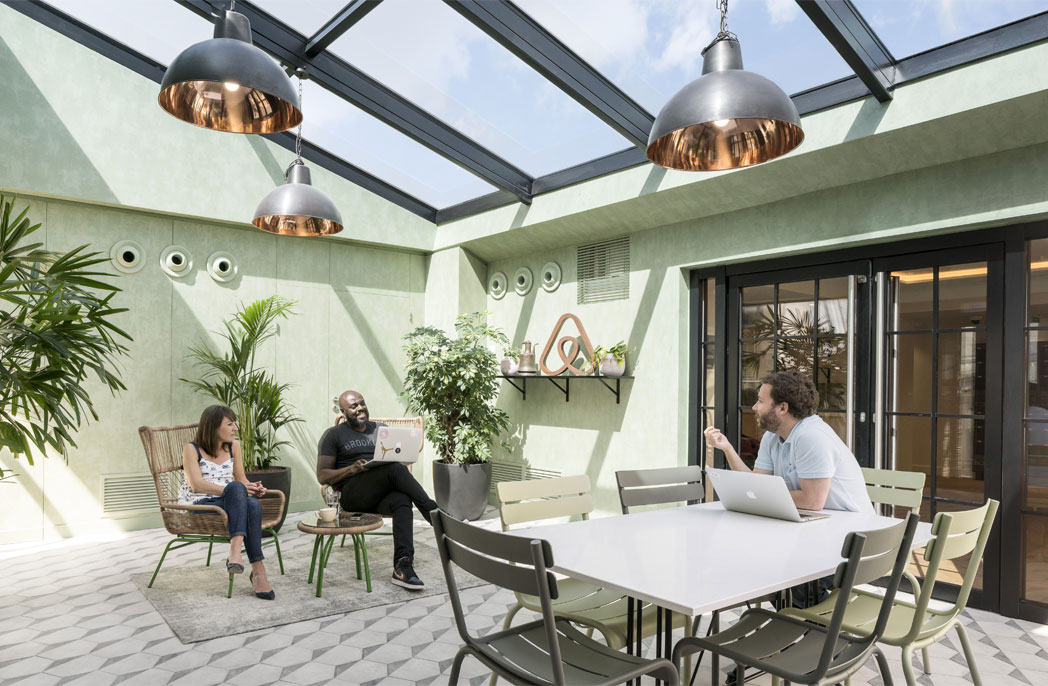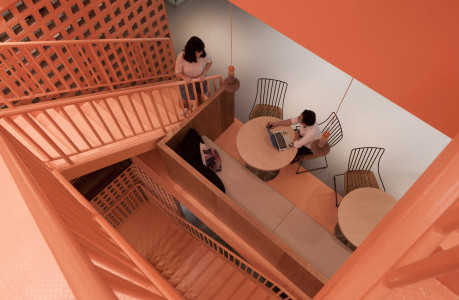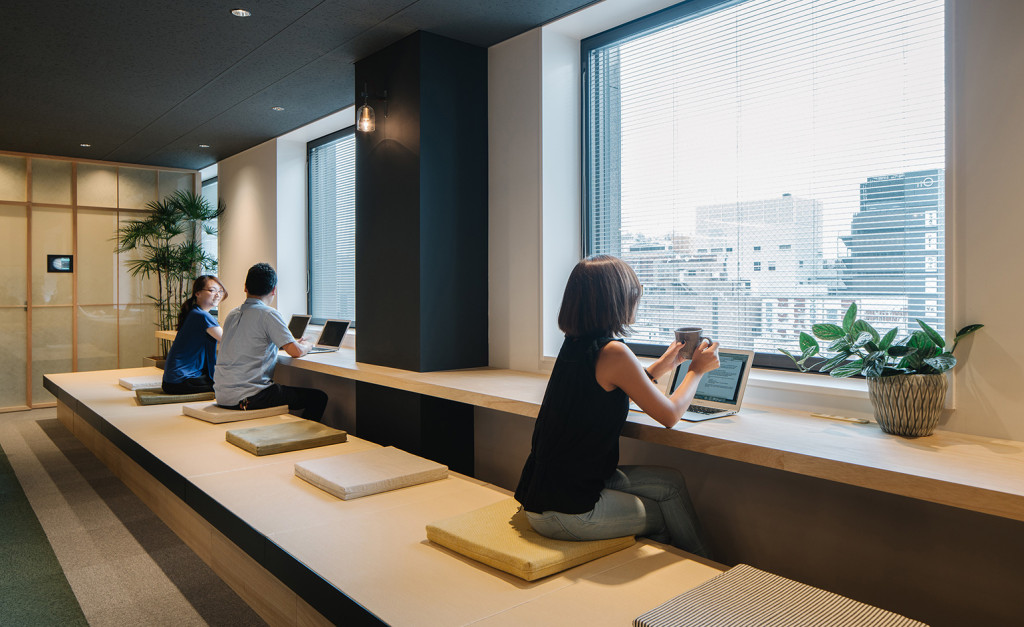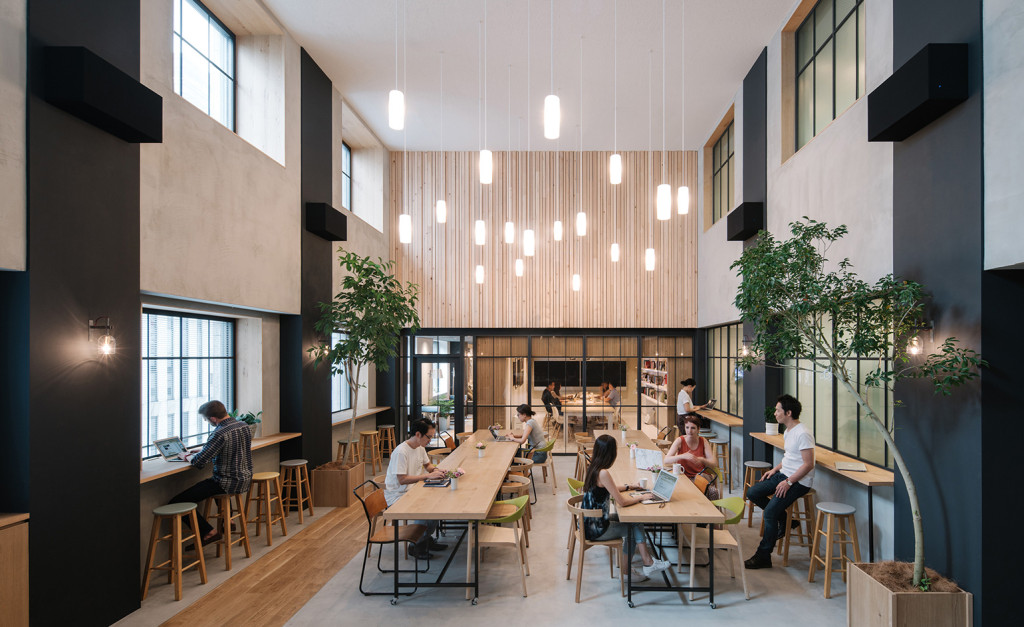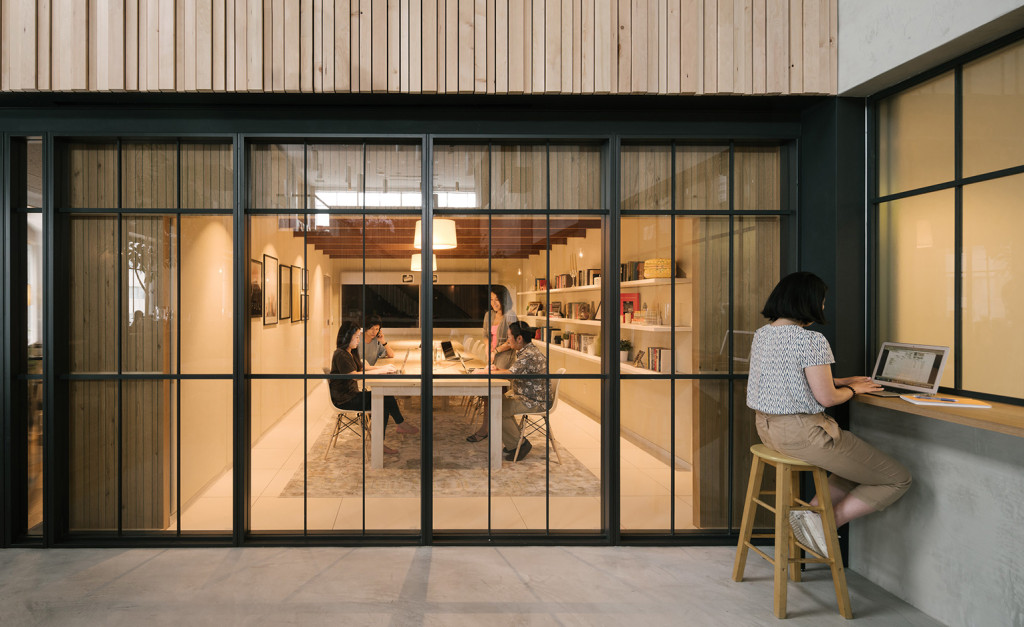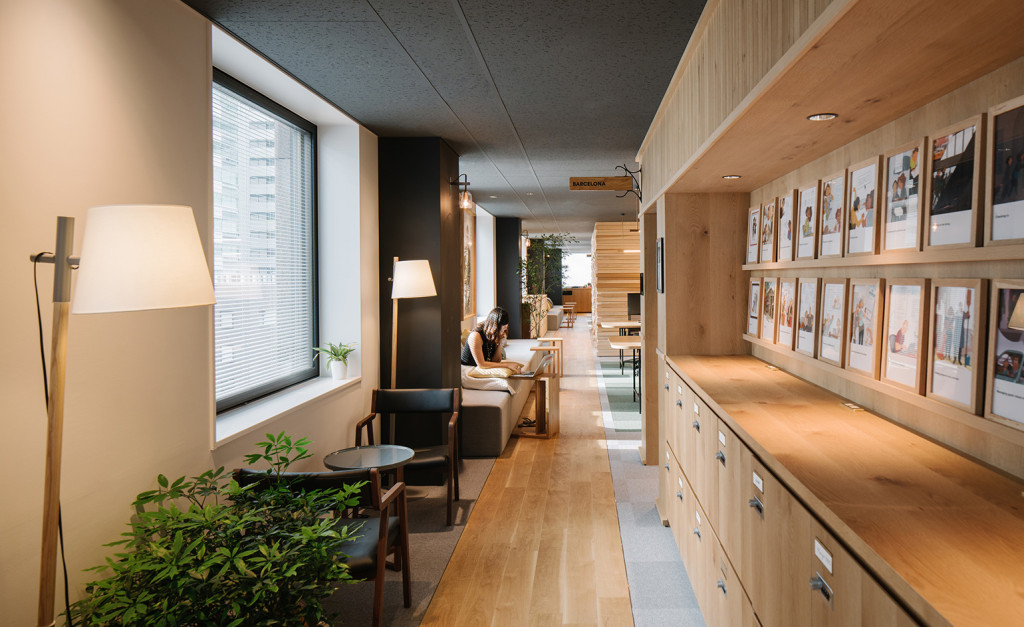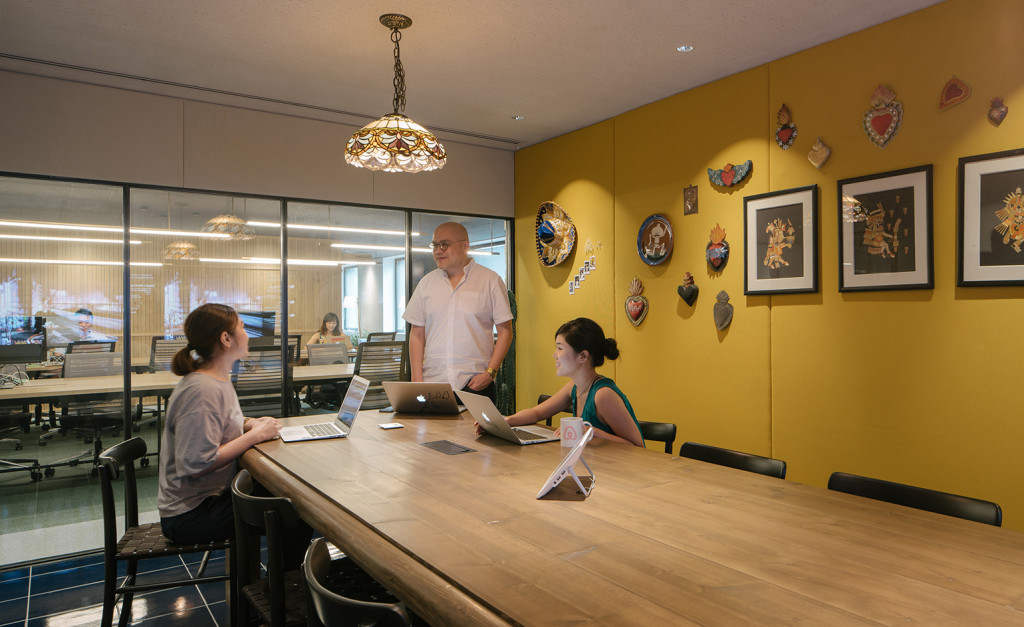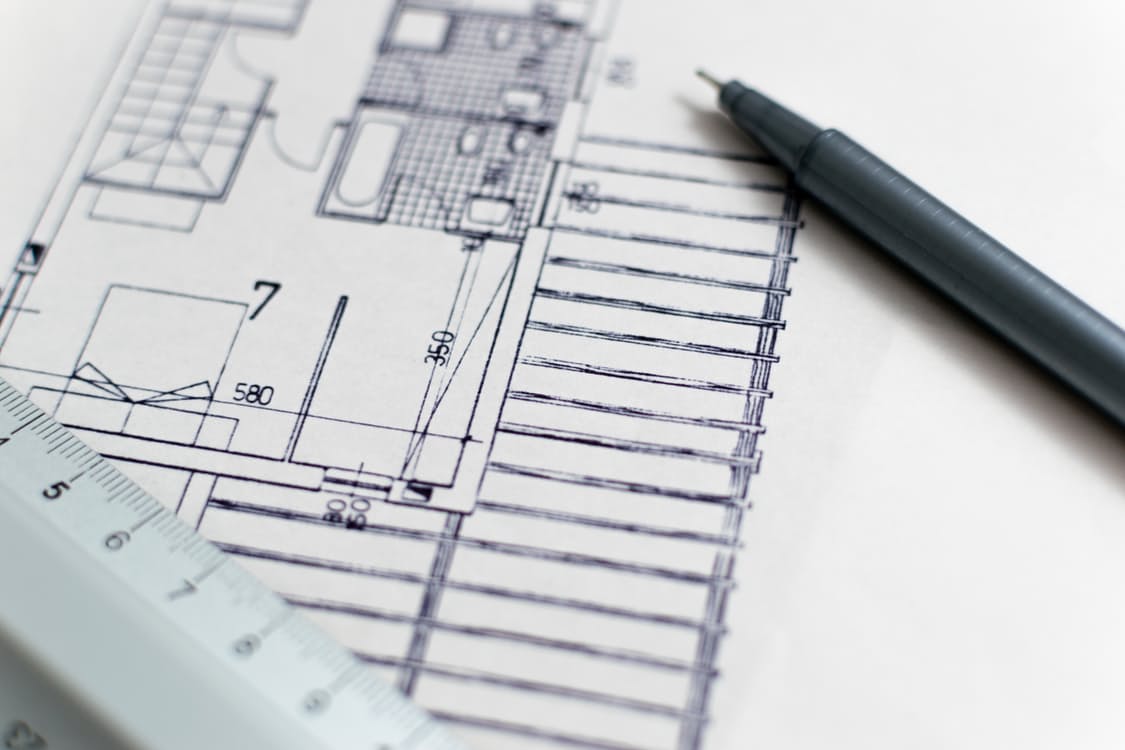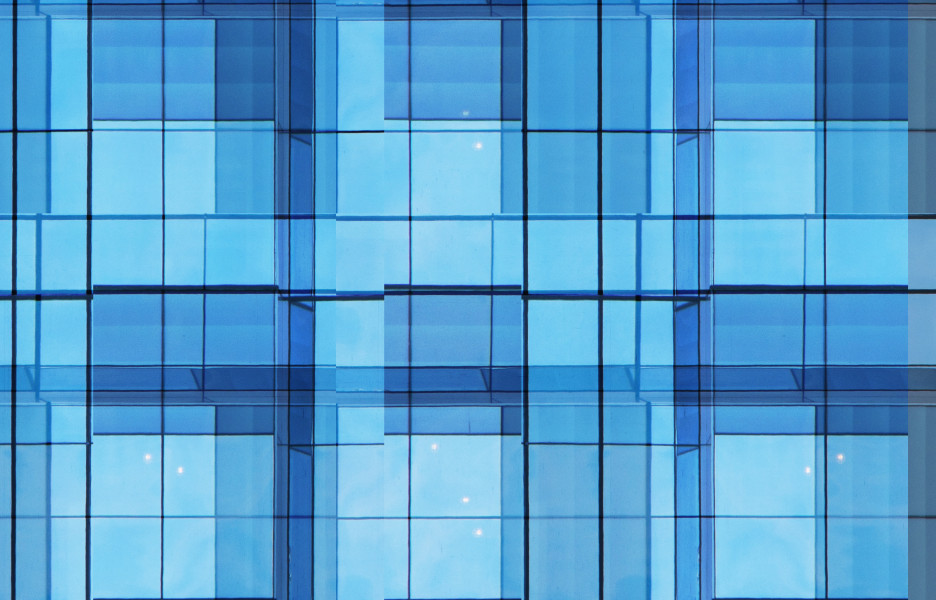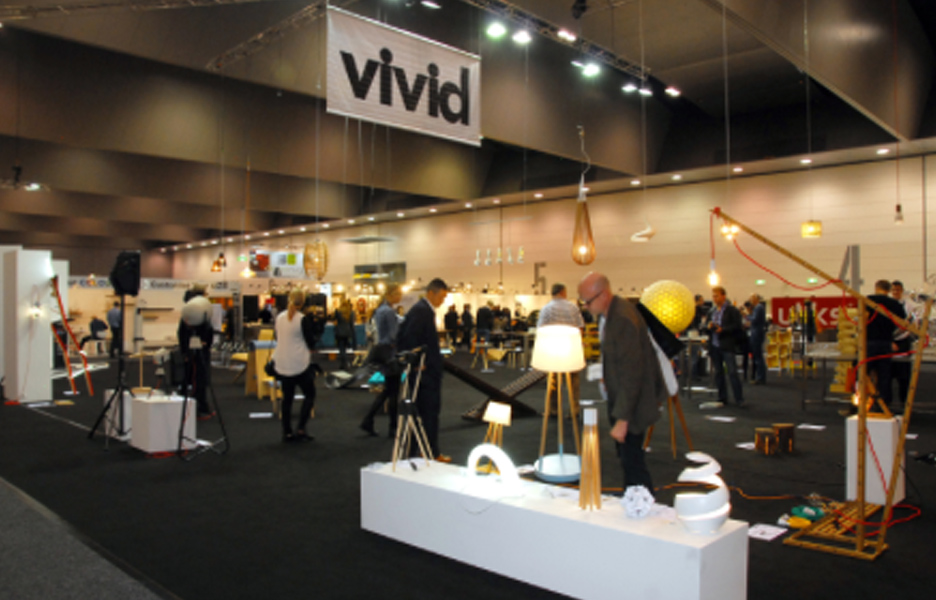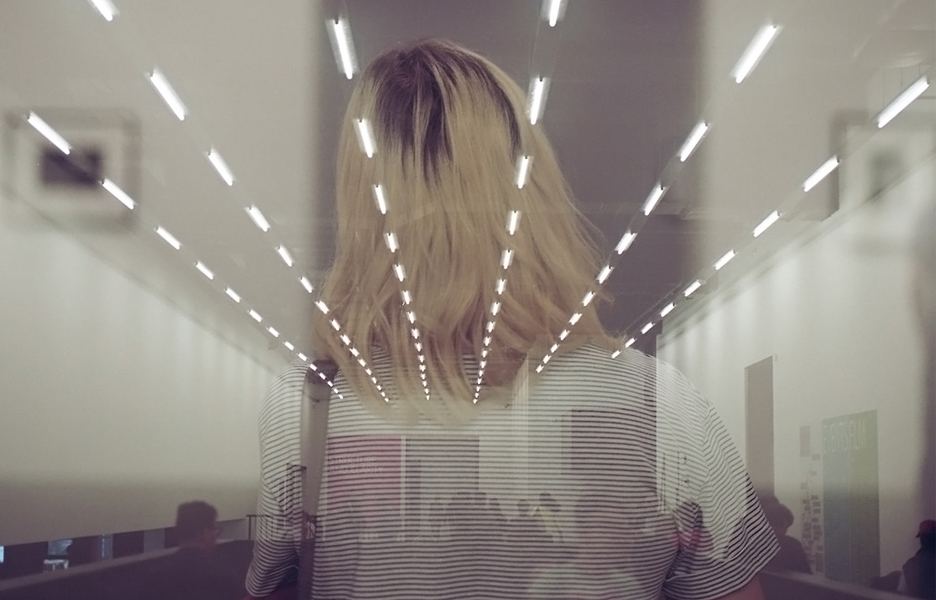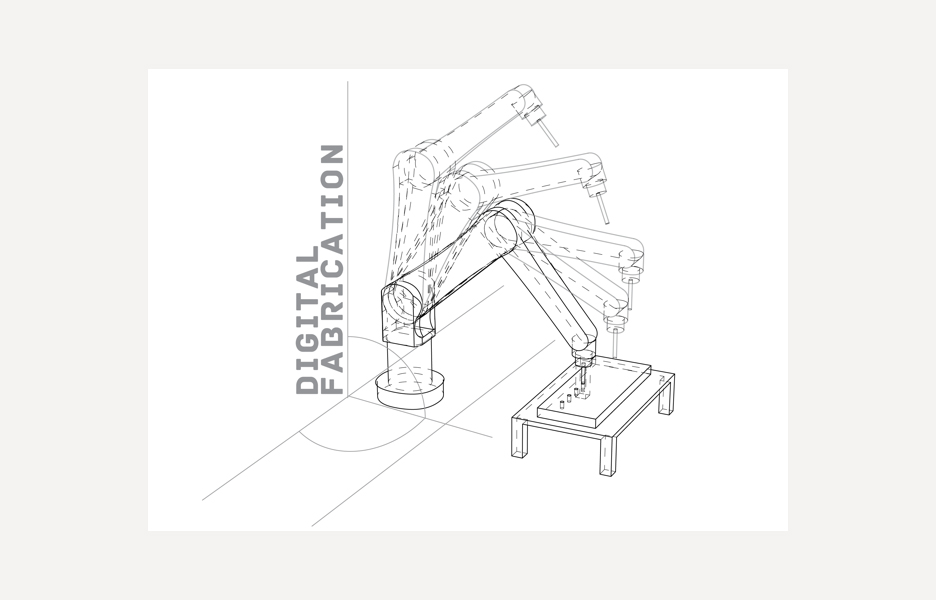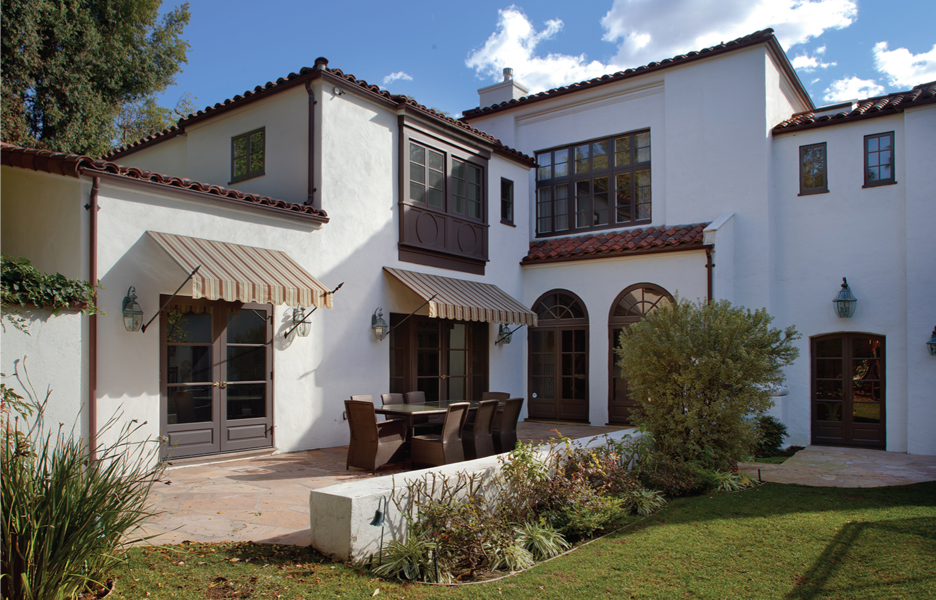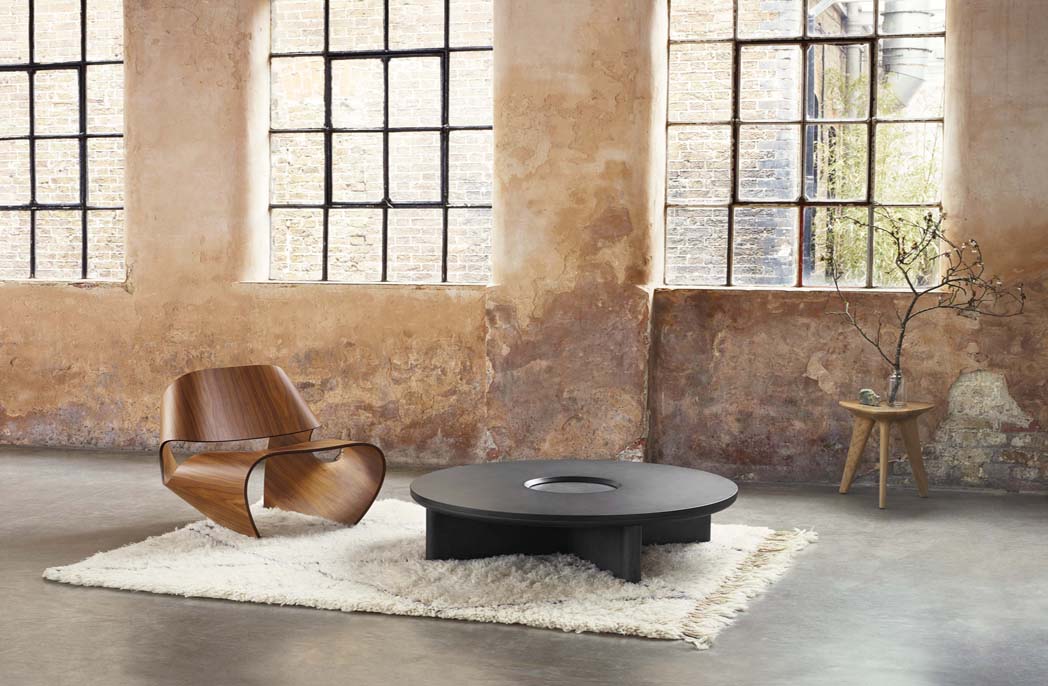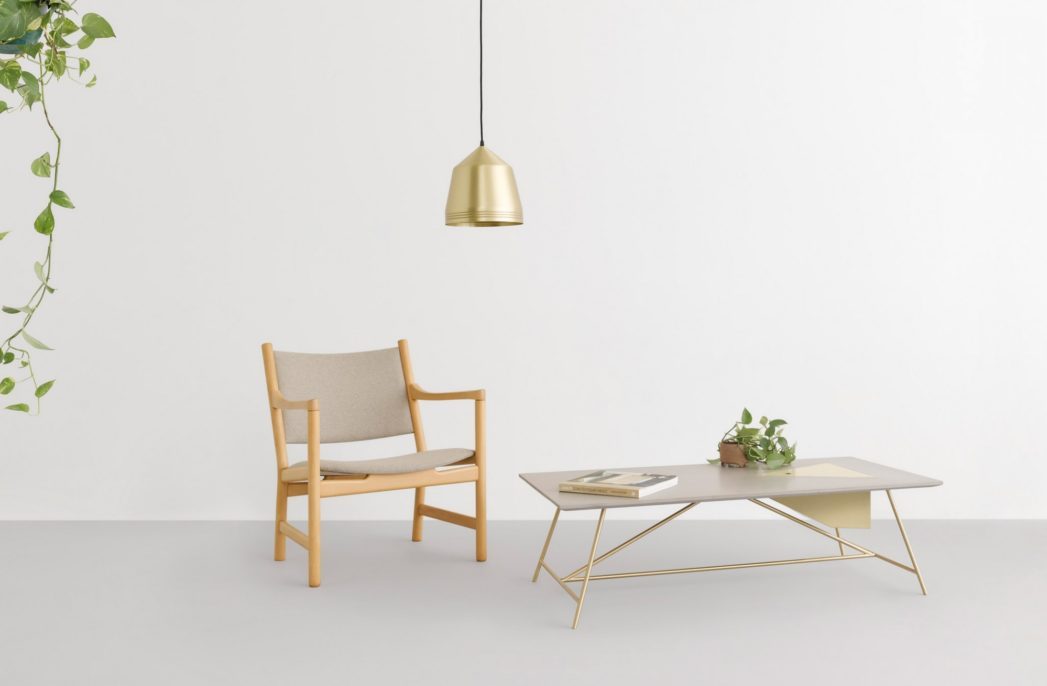
Nature-inspired: Airbnb’s new Tokyo office
Nature-inspired: Airbnb’s new Tokyo office
Share
Airbnb’s environments team conducted extensive research and detailed interviews with their Tokyo-based employees to conceptualise their new 500 square metre office space in Shinjuku, working closely with local architects, Suppose Design Office.
A statement by Makoto Tanijiri and Ai Yoshida of Suppose Design Office says, “The main concept of this project was to recreate the feeling and vibe of a Tokyo neighbourhood. Instead of using simple walls, we laid out building-inspired volumes to articulate the space, dividing the various functions while keeping a continuity throughout the whole office. These buildings’ walls have different wooden cladding, to reflect the eclectic mix of volumes, textures and patterns that is Tokyo, and to mark a threshold between an outside and an inside, a social and a private space. The general office is therefore a mix of outdoor-inspired furniture and lighting, trees and planters, and elements inspired to the Japanese traditional architecture meant for people to enjoy a variegated landscape in which there is always a new way to work, socialise, live.”
The former Airbnb Tokyo office consisted of a series of corporate suites with limited communal space, which restricted employee communication and engagement.
Employees can now use a range of work configurations including communal work tables, height adjustable desks, project tables, private and semi-private phone booths, lounges and cafes. This makes for healthy ergonomic movement, increased socialising and engagement, and a ‘belong anywhere’ work concept.
In response to employee feedback, nature was heavily incorporated into the new design to create a peaceful working space where employees can escape the chaotic urban environment of the local area in Shinjuku.
When employees enter the office, they are transported into a tranquil setting surrounded by plants. The reception area is reminiscent of an outdoor café with a double height atrium that floods with natural light and park inspired work areas with wooden communal tables and green flooring.
A key element of the office is the Engawa, an elevated platform covered with Tatami mats inspired by traditional Japanese culture. Employees can remove their shoes and take a seat on one of the cushions where they can enjoy the spectacular view of Shinjuku.
The tea house phone booths are made from local white oak and rice paper film to emulate the soft glow of a typical Japanese tea house.
One of the biggest challenges when designing the space was working with a fixed low ceiling height, typical of architecture in Tokyo, and monotonous ceiling tiles. Employees expressed a key need to adapt the ceiling to make the space feel bigger and brighter. In response, Suppose Design Office and the Environments Team formulated a design that incorporated a black ceiling with dropped lighting so that the plane above disappeared and gave the impression of a higher ceiling and a bigger space.
In addition to the architectural construction, Tokyo-based contractor Setup was commissioned to create bespoke tables for the office and local manufacturer, New Light Pottery, was commissioned to realise bespoke lighting designs, supporting local craftsmanship. Suppose Design Office developed café lighting reminiscent of lanterns floating up into the sky, wall sconces inspired by outdoor street lighting and custom-made simple and functional tables, crafted from local wood with black metal accents.
In Airbnb’s ongoing global office design, the local city and its culture is highlighted in the main office space and meeting rooms are inspired by Airbnb listings from around the world to allow employees to travel throughout their day. In the new Tokyo office, rooms are inspired by international listings from Prague, Tijuana and Barcelona.
The Environments Team engaged with local employees in an Employee Design Experience (EDX) programme to help add the finishing touches to the rooms and bring them to life. The majority of authentic artwork and décor in the Tijuana room was donated by the mother of one of the local employees, Saori Okura. She had travelled through Mexico and collected artefacts over the years that she was excited to donate.
You Might also Like


